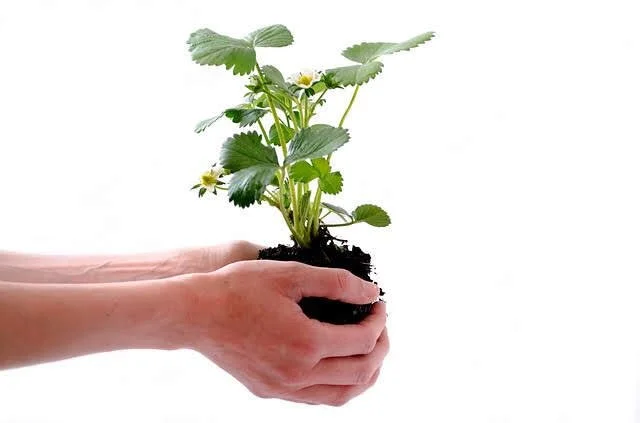“The Rain falls because the clouds can no longer handle the weight. Tears fall because the heart can no longer handle the pain.” Anonymous
Lilly Kauffman sent me this anonymous quote. It’s the perfect transition to talking about what happens after the rain.
In this issue, we have explored the lifegiving and healing properties of rain and the destructive power of a storm. We’ve also discussed metaphors and similes for rain and its equally powerful effect on our emotional well-being.
Rain is a powerful metaphor for change. It means growth. It enables life. Our bodies, which are up to 60% water, depend on water to survive. The brain and heart are up to 73% water. Our lungs are up to 83% water, and even our bones are up to 31% water, yet we can drown if we consume too much water.
A serious drought and torrential rainfall can do equal damage to our world. A serious drought can kill vegetation and livestock, create dust bowls, and cause famines. Sudden hard rain or a gentle sprinkle can interrupt a drought, but it takes soaking rain to actually end it. If the water runs off the soil instead of being absorbed, it has little benefit, but torrential rains can cause landslides and flash floods, destroying crops, vegetation, and structures, and killing animals and human beings.
Just as the earth needs time to accept the rain, we need time to accept the rain in our lives. We need to find a balance. We need to understand that the rain will eventually stop, but showers will always come and go. Grief isn’t something that goes away, but it changes over time and becomes more manageable. Financial hardships can end, but their effects may be felt for years.
What we do “after the rain,” should be at least as important as the rain.
“People, even more than things, have to be restored, renewed, reclaimed, and redeemed; never throw anyone out.” Audrey Hepburn
I would add, “Never throw anyone out, especially not yourself.”
Step back and look at the hardships you have endured and be good to yourself. Allow time to process what you are feeling.
It’s okay to be angry, sad, confused, or scared. Change can be physically and mentally overwhelming.
Think about the future and decide how you will rebuild. It may not be the future you envisioned, but you can own it and find joy again. If you can’t see a future or you feel completely overwhelmed, you need professional help to cope with these changes. Please see someone. There is no shame in needing or asking for help. Please don’t wait until you are physically and emotionally overwhelmed. Paying attention to a small problem can prevent a disaster from occurring.
I’m a big fan of the “That’s not helpful” commercials about depression. They touch on so many unhelpful suggestions people receive from well-meaning friends, co-workers, and family members.
Everyone has an opinion. If we go to someone for advice, will they understand or offer “tough love,” and tell us to “snap out of it and choose happiness?” Will they remind us that our problems are small and inconsequential compared with all the suffering in this world or suggest we think of all that’s right in the world instead of what’s wrong?”
Several years ago, a close friend confided in me about her experiences recovering from a fractured back. Luckily, she was not paralyzed, but she had a long and painful recovery. She had been an athlete and she was married to an athlete who “played through the pain” for much of his career. Her husband was absolutely wonderful and supportive, but her attitude was the problem. She said to her physical therapist, “I should be grateful and not complain because so many people have it so much worse than me.”
His answer is probably one of my favorite answers of all time.
He told her it was okay to be sad or angry about what happened to her body. He explained that until she acknowledged her pain and sense of loss, she couldn’t move past it and begin to heal. Doing that, wouldn’t take away from her empathy for others. It wouldn’t mean she thought her situation compared with their pain or suffering or somehow minimized what they were going through. It would mean she was dealing with her issues instead of living in denial.”
His wise and compassionate words helped her face and accept the challenges of her recovery. When I go through rough times, I remember his words and they help me.
So many times, we refuse to allow ourselves to be sad or hurt (physically or emotionally). We put on a brave face and live in a sense of denial that keeps us stuck. We can never get past it or let it go. If you are standing in the rain, you will get wet. If you are going through tough times, you will be affected. You can come in from the rain and you can come back from tragedy.
If the rain washes the seeds from your garden before they have the chance to take root, plant them again. We begin again after the rain, washed clean and ready to grow.
If you feel completely overwhelmed and hopeless, help is available at 1-800-273-8255, https://suicidepreventionlifeline.org/?utm_source=google&utm_medium=web&utm_campaign=onebox
Sources for this article:
https://www.usgs.gov/special-topics/water-science-school/science/water-you-water-and-human-body
https://skydayproject.com/torrential-rain
https://www.weather.gov/safety/drought
https://www.usgs.gov/faqs/why-doesnt-drought-end-when-it-rains








